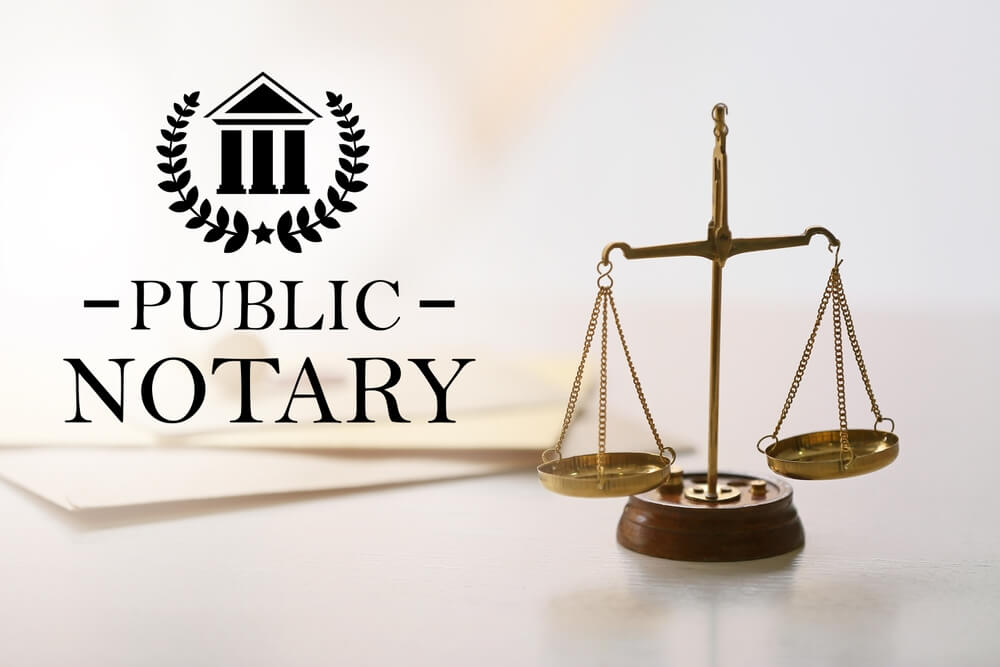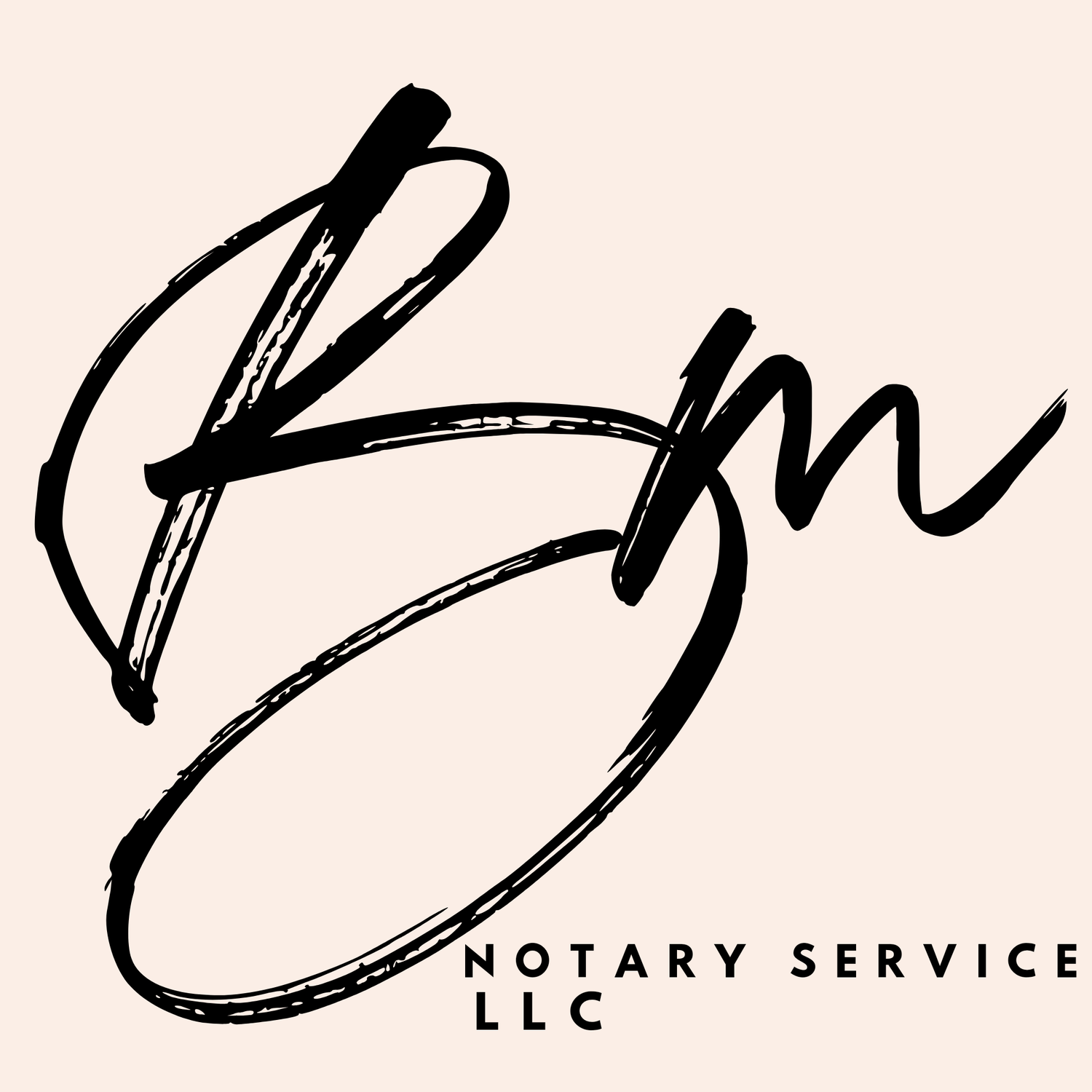Browsing DIRCO Demands: Compliance and Diplomatic Relations
Browsing DIRCO Demands: Compliance and Diplomatic Relations
Blog Article
Demystifying Notarial Job: Simplifying the Function and Value of Notaries
Their role, typically shrouded in secret for numerous, carries significant weight in ensuring the legitimacy and honesty of critical documents. By untangling the intricacies shedding and bordering notarial methods light on the value of their acts, a more clear understanding arises of the essential duty notaries play in upholding the fabric of lawful and contractual agreements.
The Background of Notarial Work
The history of notarial work days back to old worlds, where scribes played a critical role in taping important info and validating documents. This led to the advancement of notaries, people assigned by the state to act as impartial witnesses in legal matters.
Throughout the Center Ages, notaries obtained prominence in Europe, with their features increasing to include preparing legal files, licensing signatures, and preserving documents. The increase of global trade better stressed the importance of notarial operate in confirming agreements and arrangements throughout boundaries.
In the modern era, notaries remain to play an important function in legal and company deals by confirming identifications, verifying the credibility of papers, and protecting against fraudulence. Their duty in licensing the legitimacy of contracts includes a layer of safety and depend on to the ever-evolving landscape of business and legislation.

Responsibilities and Responsibilities of Notaries
Notaries play a crucial function in verifying the authenticity of files and the identity of notaries. One of their key obligations is to witness the signing of essential files, such as wills, deeds, and contracts, to guarantee that all parties are entering right into agreements knowingly and voluntarily.
They license duplicates of initial papers, supplying assurance to organizations that the copies are real reproductions of the originals. On the whole, the obligations and obligations of notaries are vital in guarding the honesty and legitimacy of different papers and deals - Conveyancer.
Notarial Certificates and Signatures
Exhibiting thorough focus to information, notarial certifications and signatures act as crucial components in validating the credibility of lawful documents. Notarial certificates generally contain crucial details such as the date of notarization, the names of the signatures, a description of the document, read this post here and the notary's main seal. These certificates give a clear document of the notarial act, guaranteeing that the document can be conveniently identified and mapped back to the notary who supervised the process.
Trademarks play a pivotal duty in notarial work, as they indicate the contract and authorization of the celebrations entailed. Notaries very carefully witness the finalizing of papers to validate the identity of the signatures and confirm that they are authorizing of their own cost-free will. By affixing their main seal and trademark to the paper, notaries certify that the needed treatments have been adhered to and that the file is legitimate and enforceable.
Basically, notarial certifications and trademarks are the hallmark of authenticity in lawful purchases, giving guarantee to all celebrations entailed that the files are legit and binding.
Relevance of Notarial Acts

Registration Refine Discussed
The notarization process generally starts with the specific providing the file to a notary public. When the identity is validated, the notary makes certain that the private signing the record does so voluntarily and without any type of coercion.

Conclusion

Notarial certificates usually have critical details such as the date of registration, the names of the notaries, a description of the record, and the notary's main seal. These certificates provide a clear document of the notarial act, making sure that the document can be easily recognized and traced back to the notary who managed the process.
By affixing their main seal and signature to the file, notaries license that the required treatments have actually been followed and that the file is enforceable and legitimate.
By validating the identity of the signatures, validating their determination to get in into the agreement, and licensing the day and location of the finalizing, notaries play an important function in supporting the credibility of legal files.After the paper is authorized, the notary will affix their official seal or stamp onto the record.
Report this page